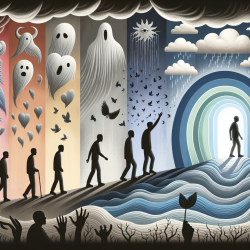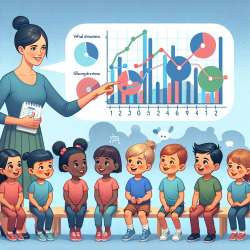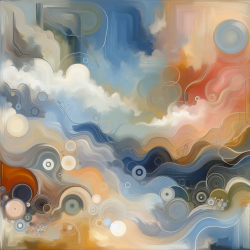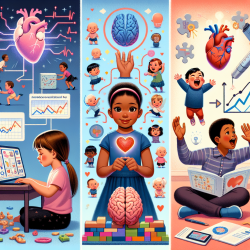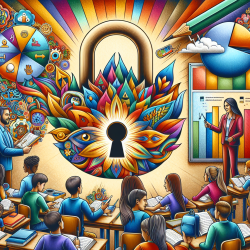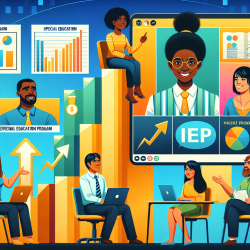Introduction
The research article titled Associations among Perceived Sexual Stigma from Family and Peers, Internalized Homonegativity, Loneliness, Depression, and Anxiety among Gay and Bisexual Men in Taiwan offers profound insights into the psychological challenges faced by gay and bisexual men. This study highlights the significant impact of perceived sexual stigma from family and peers on internalized homonegativity and its subsequent effects on loneliness, depression, and anxiety.
Understanding the Research
The study conducted in Taiwan involved 400 gay and bisexual men and aimed to explore the moderating factors between perceived sexual stigma and internalized homonegativity. It also compared the effects of perceived sexual stigma and internalized homonegativity on mental health outcomes like loneliness, depression, and anxiety.
The findings revealed that perceived sexual stigma from family and peers is significantly associated with internalized homonegativity. Moreover, internalized homonegativity had a more substantial impact on loneliness compared to perceived sexual stigma, although both were equally associated with depression and anxiety.
Implications for Practitioners
For practitioners working with LGBTQ individuals, especially in educational and therapeutic settings, these findings underscore the importance of addressing both external and internalized forms of stigma. Here are some ways practitioners can improve their skills and interventions:
- Developing Inclusive Programs: Create intervention programs that promote acceptance and understanding of gay and bisexual men within family and community settings to reduce perceived sexual stigma.
- Addressing Internalized Homonegativity: Implement therapeutic strategies that focus on reducing internalized homonegativity, which may include cognitive-behavioral therapy techniques to challenge negative self-perceptions.
- Promoting Mental Health: Incorporate mental health support that specifically targets loneliness, depression, and anxiety, recognizing the unique stressors faced by gay and bisexual men.
- Encouraging Further Research: Engage in or support further research to explore the moderating effects of factors like age, education, and sexual orientation on internalized homonegativity and mental health outcomes.
Conclusion
The research provides a crucial understanding of the dynamics between perceived sexual stigma, internalized homonegativity, and mental health among gay and bisexual men. Practitioners are encouraged to utilize these insights to enhance their interventions and support systems, ultimately contributing to the well-being of sexual minorities.
To read the original research paper, please follow this link: Associations among Perceived Sexual Stigma from Family and Peers, Internalized Homonegativity, Loneliness, Depression, and Anxiety among Gay and Bisexual Men in Taiwan.
